Herbal How-To
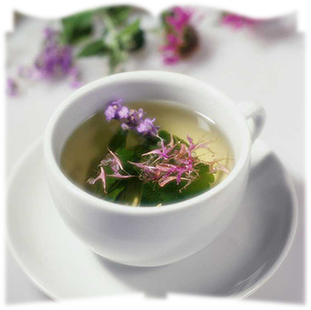
Infusions are used to prepare the delicate parts of a plant, such as the leaves, flowers, and seeds, which break down easily to release their medicinal elements into the water.
When using a teapot, you will need about 600ml (1 1/4 pints) of boiling water, and approximately 20 g (1 oz) of dried, or 30 g (1 1/2 oz ) of fresh herbs.
This will make enough tea to have three or four cups in a day. You may use a single herb, or a selection of two or three equal proportions made up to the above amount.
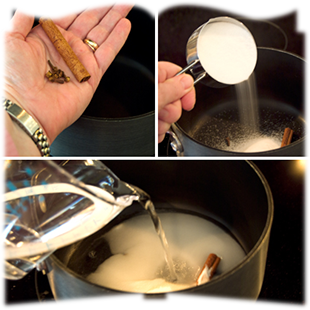
This method is used for tougher plant parts, such as bark, roots and some berries. Place the relevant quantity of herbs in 800ml cold water (makes three doses) in a pan. Boil, then simmer for 1 hour to reduce the liquid by a third. Strain through a fine sieve into a jug and store, in a cool place, for up to 24 hours. Drink hot or cold.
Sections of root or bark should be chopped as finely as possible in order to allow the boiling water to extract the maximum from the plant.
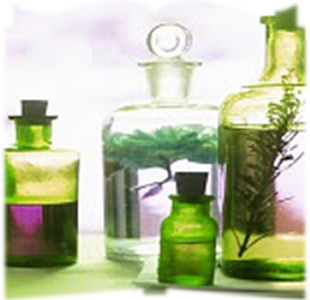 Tinctures can be used to prepare roots or leaves. They include alcohol and water to extract the properties from the herbs which would not be available id a water preparation alone was used. It is possible to replace the alcohol with glycerol or vinegar.
Tinctures can be used to prepare roots or leaves. They include alcohol and water to extract the properties from the herbs which would not be available id a water preparation alone was used. It is possible to replace the alcohol with glycerol or vinegar.
A tincture will last for up to two years, which makes it a very convenient method if you intend long-term use of the herbs. A tincture is much stronger than either an infusion or a decoction, and is taken in milliliters (ml) or teaspoons (tsp) depending on the herb used. Use a dropper to measure amounts. In general, 20 drops is equivalent to 1 ml.
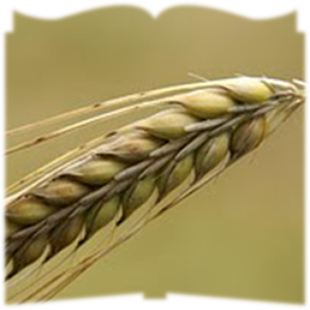
Pearl Barley Water Kidney Cleanse:
Barley water is a traditionally acclaimed drink which will support and nourish the kidneys in times of stress. It is an integral part of a kidney cleansing programme, which will produce tremendous overall benefits.
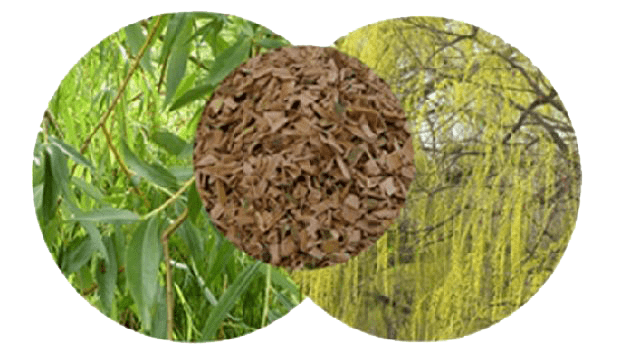
How to Use White Willow Bark
A precursor to aspirin and used for many of the same ailments, white willow bark relieves the pain and inflammation of headaches, osteoarthritis, lower back pain and tendinitis without the stomach upset often caused by aspirin. This safe, effective herb has been used for medicinal purposes since the time of Hippocrates. It can be administered as a tea, as a tincture or in capsule form to relieve pain, reduce fever and alleviate swelling.

